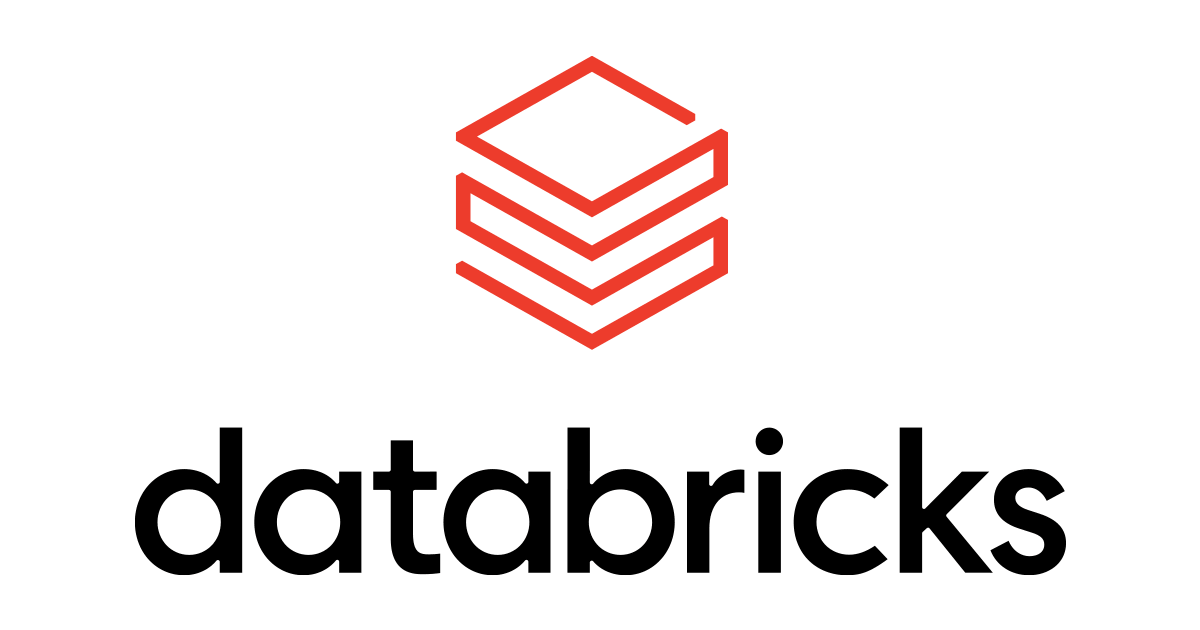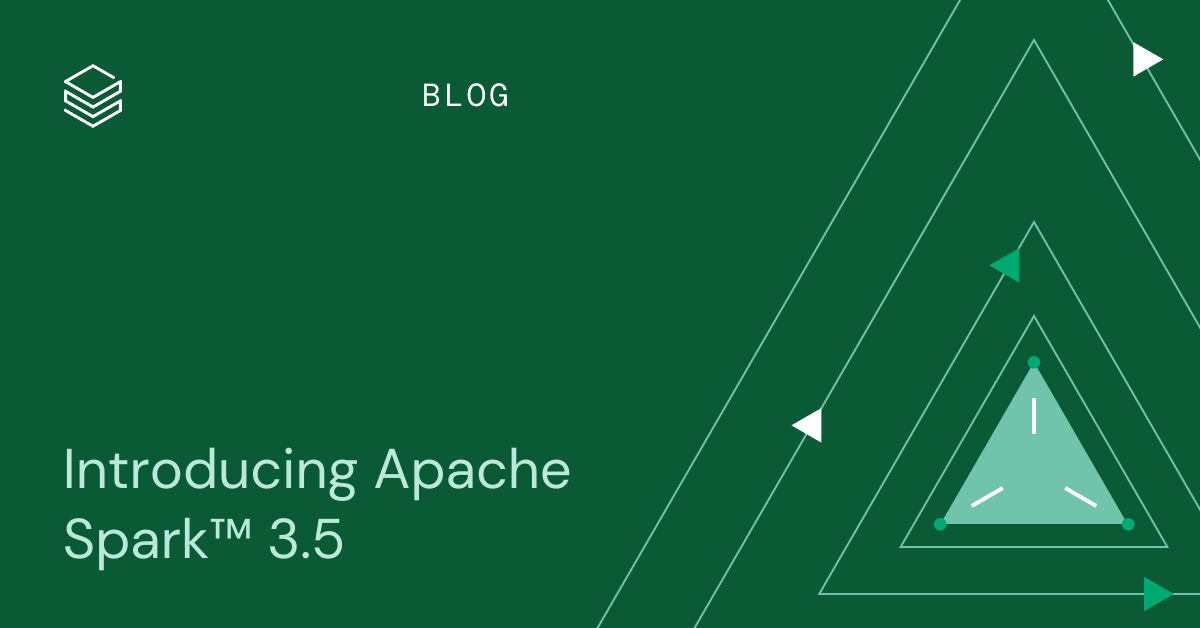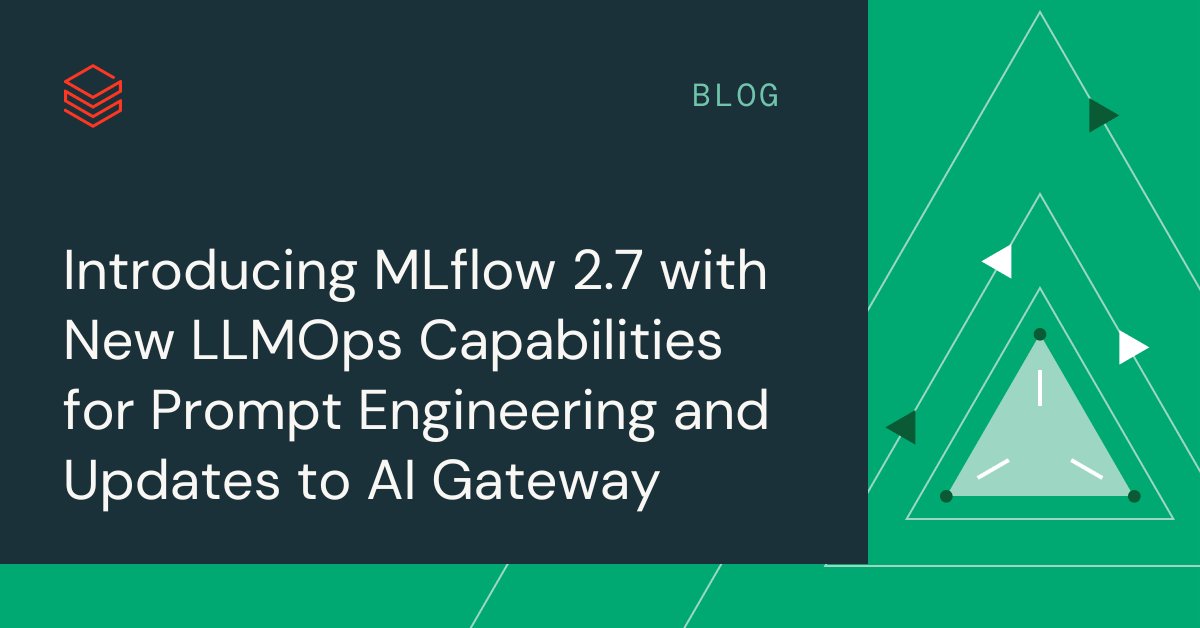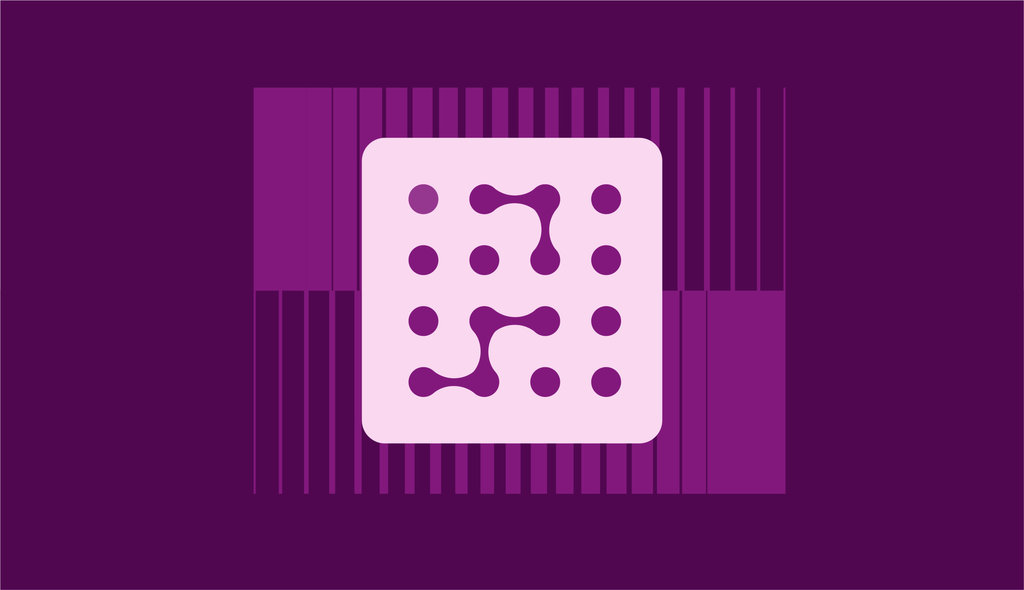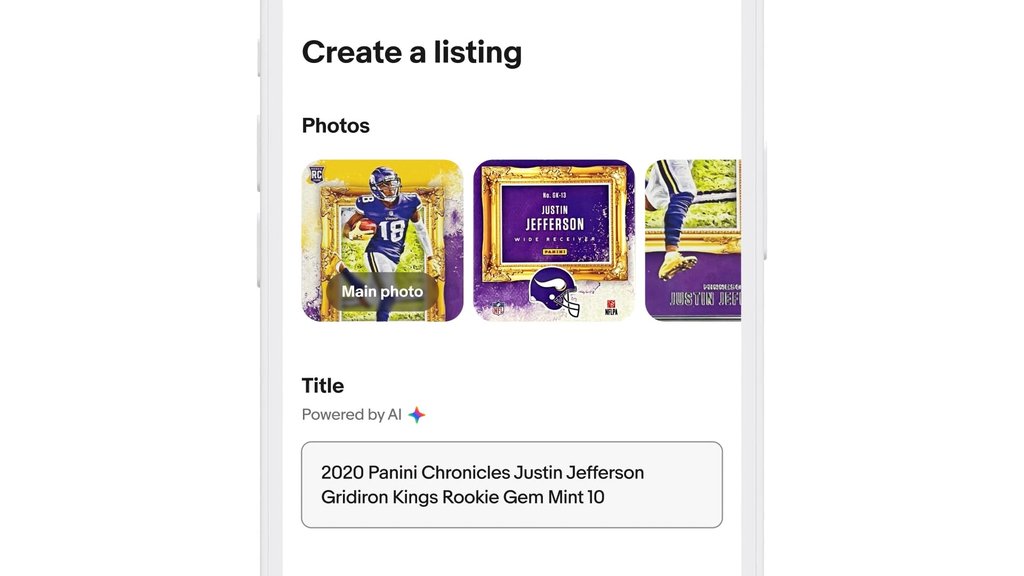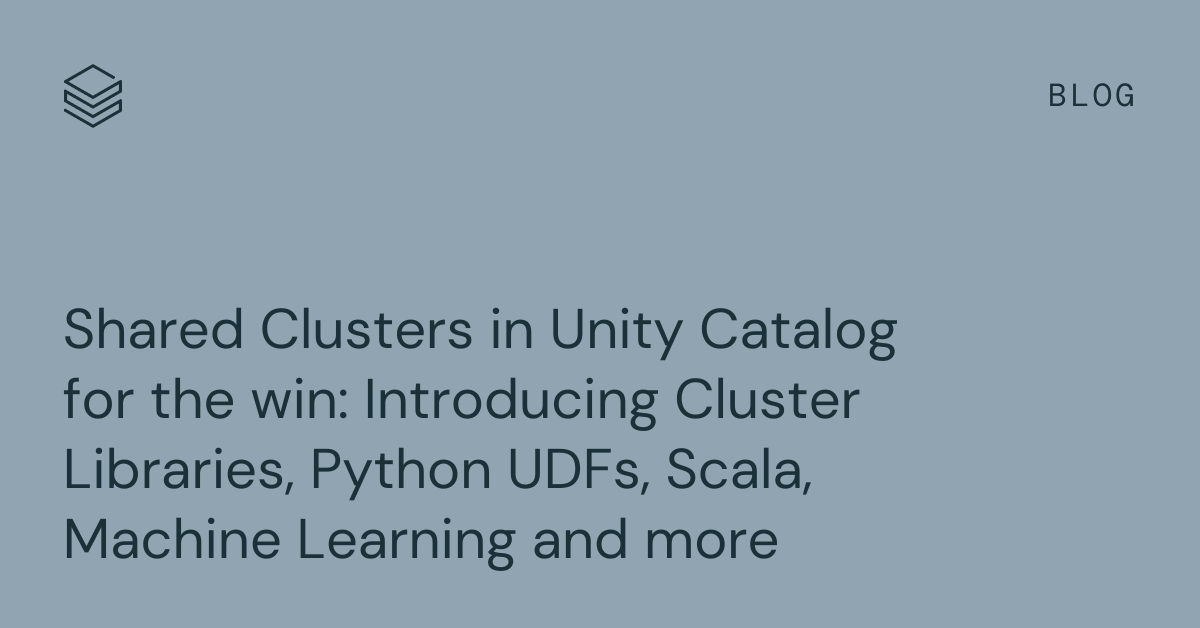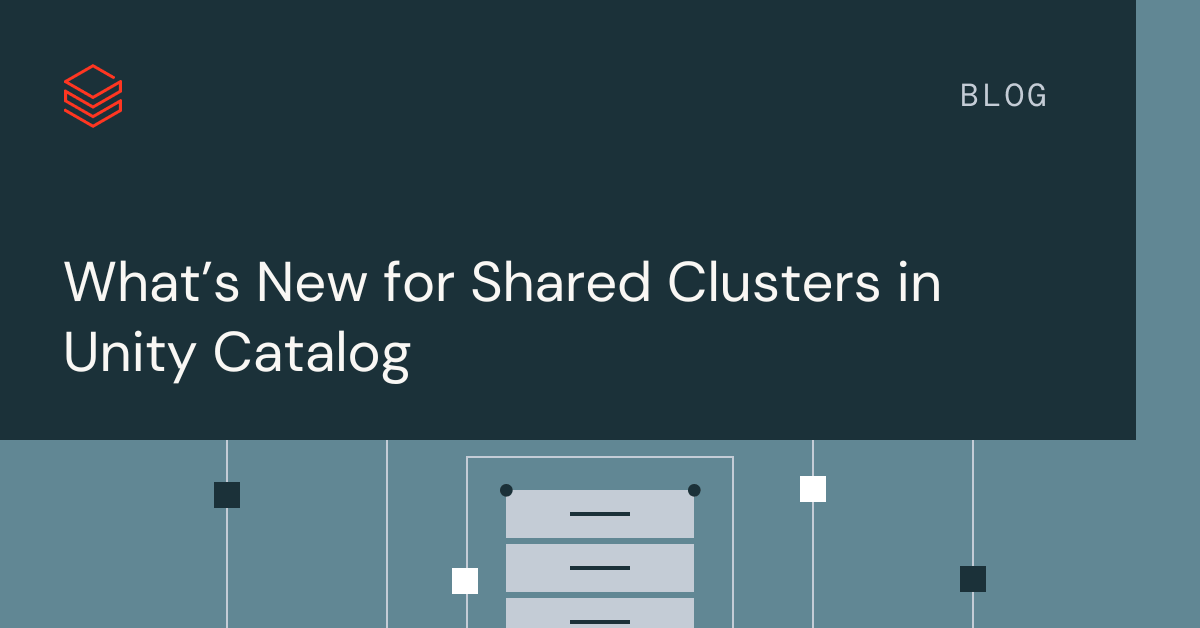Introducing the Support of Lateral Column Alias
We are thrilled to introduce the support of a new SQL feature in Apache Spark and Databricks: Lateral Column Alias (LCA). This feature simplifies complex SQL queries by allowing users to reuse an expression specified earlier in the same SELECT list, eliminating the need to use nested subqueries and Common Table Expressions (CTEs) in many […]
Continue Reading